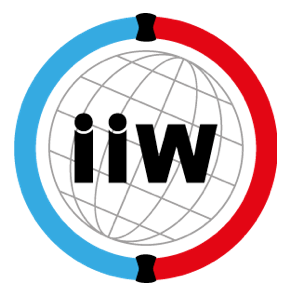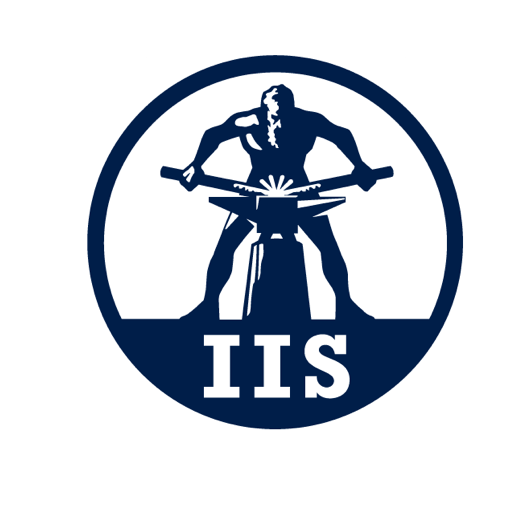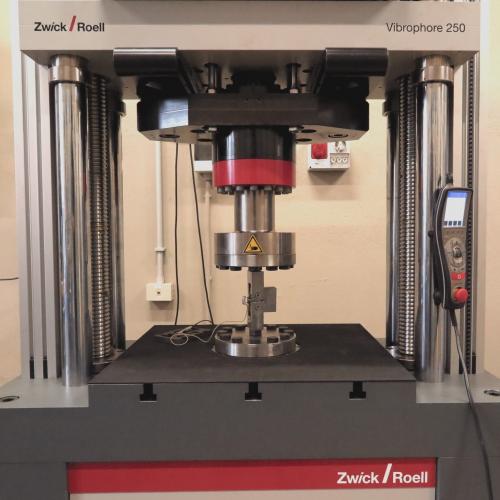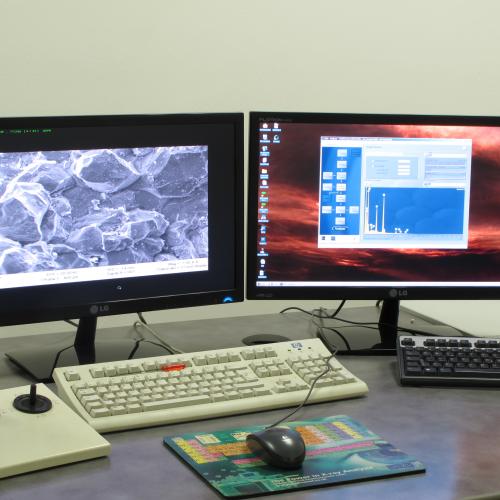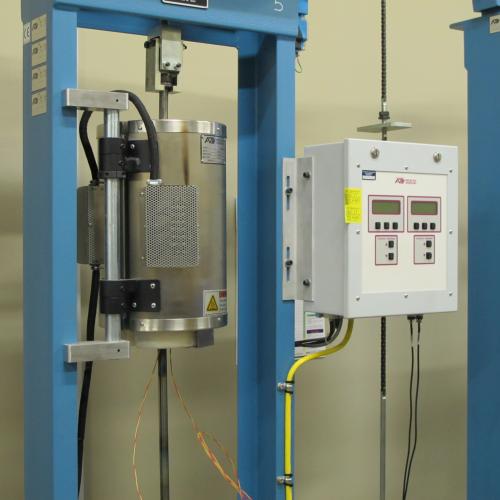The laboratory of the Italian Institute of Welding Group is divided into Testing Laboratory, specialized in mechanical, technological, and special tests, and Welding Processes Laboratory where research, experiments, studies and setups are carried out with traditional and advanced welding processes.
The Testing Laboratory is accredited by ACCREDIA (National System for the Laboratories Accreditation) - Cert. nr. 0029 according to UNI CEI EN ISO/IEC 17025:2005 standard - for the execution of the most conventional tests on metallic and plastic materials.
At the laboratory facilities fracture mechanics tests, creep tests, corrosion tests and tests in the field of microjoining are available.
The experience gained in metallography and corrosion, integrated with structural engineering competencies are adopted to undertake mechanical damage analysis and to perform metallurgical studies.
The laboratory can boast a longstanding experience in the design of testing programs related to the behaviour of base materials and welded joints, and addressed to failure analysis.
The annexed mechanical workshop allows the set-up of moke-up and of particular test equipments to carry out full-scale tests on small and medium components.

